The year 2022 is on its last leg, and love it or hate it, the books for 2023 are starting to bang down the door and demand our attention. Here is my list of books I’m most excited about for 2023. The list is in order of publication date (at the time of this publication) and is tailored to my tastes, so expect to see a lot of nonfiction and fiction titles that deal with heavier topics—you know the vibes.
Before I dive in, I just want to say thank you all so much for reading with me this year. I loved the feedback on my best books of 2022 piece, and have had such a blast getting to answer your questions in my bookish advice column (submit your questions here). So here’s to more reading time, delicious snacks, and lively bookish debates in 2023.
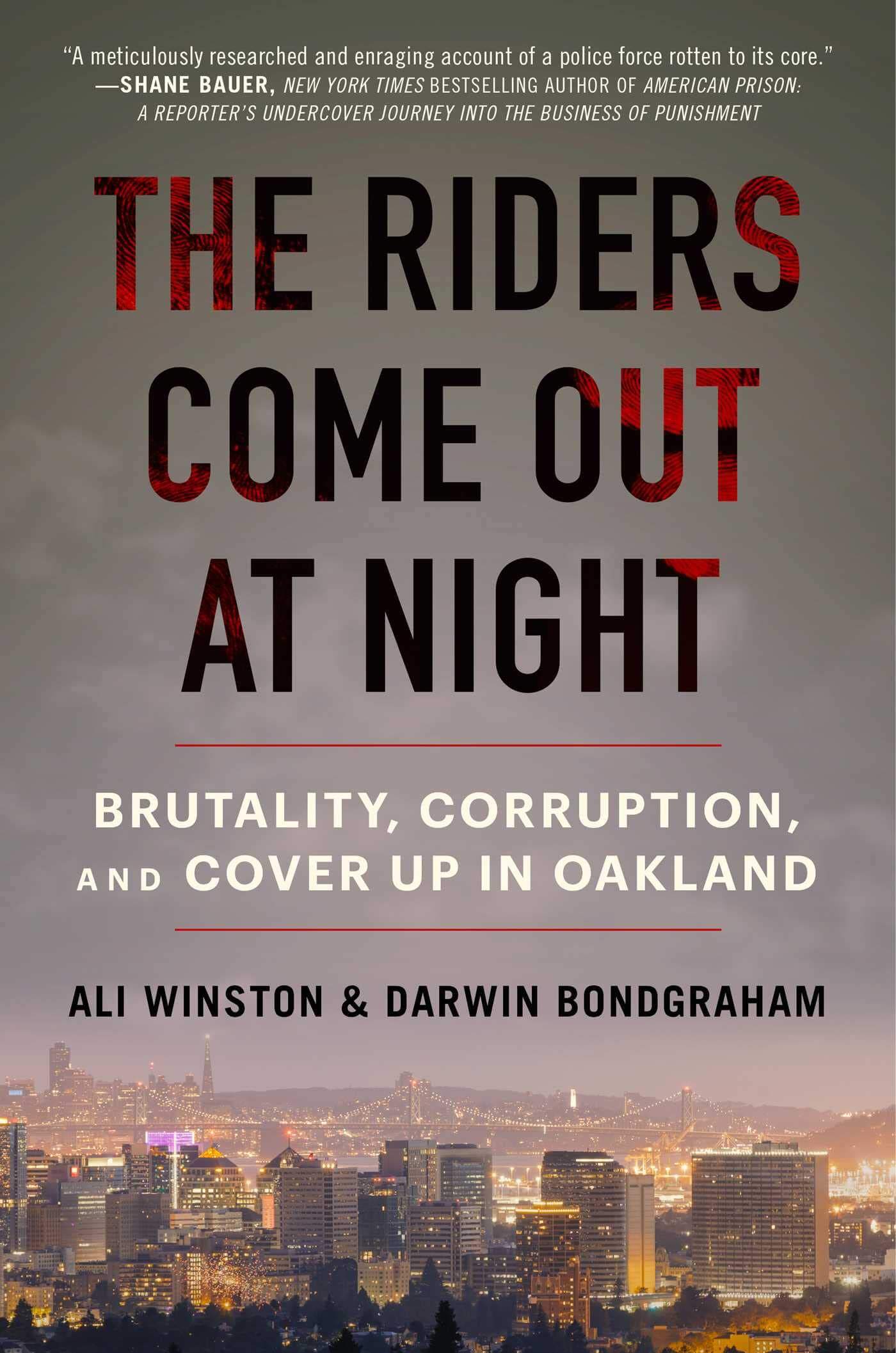
The Riders Come Out at Night: Brutality, Corruption, and Cover-Up in Oakland by Ali Winston and Darwin BondGraham (January 10)
I’m an Oakland girl and any book that explores the corruption of my hometown police department is an automatic read, whether it’s 2022’s Nightcrawling or this brand new work of investigative journalism out in January. Winston and BondGraham are two Bay Area reporters who have been writing about the abuses, crimes and failed reforms of OPD for years, and I’m thrilled their work will now be a book.
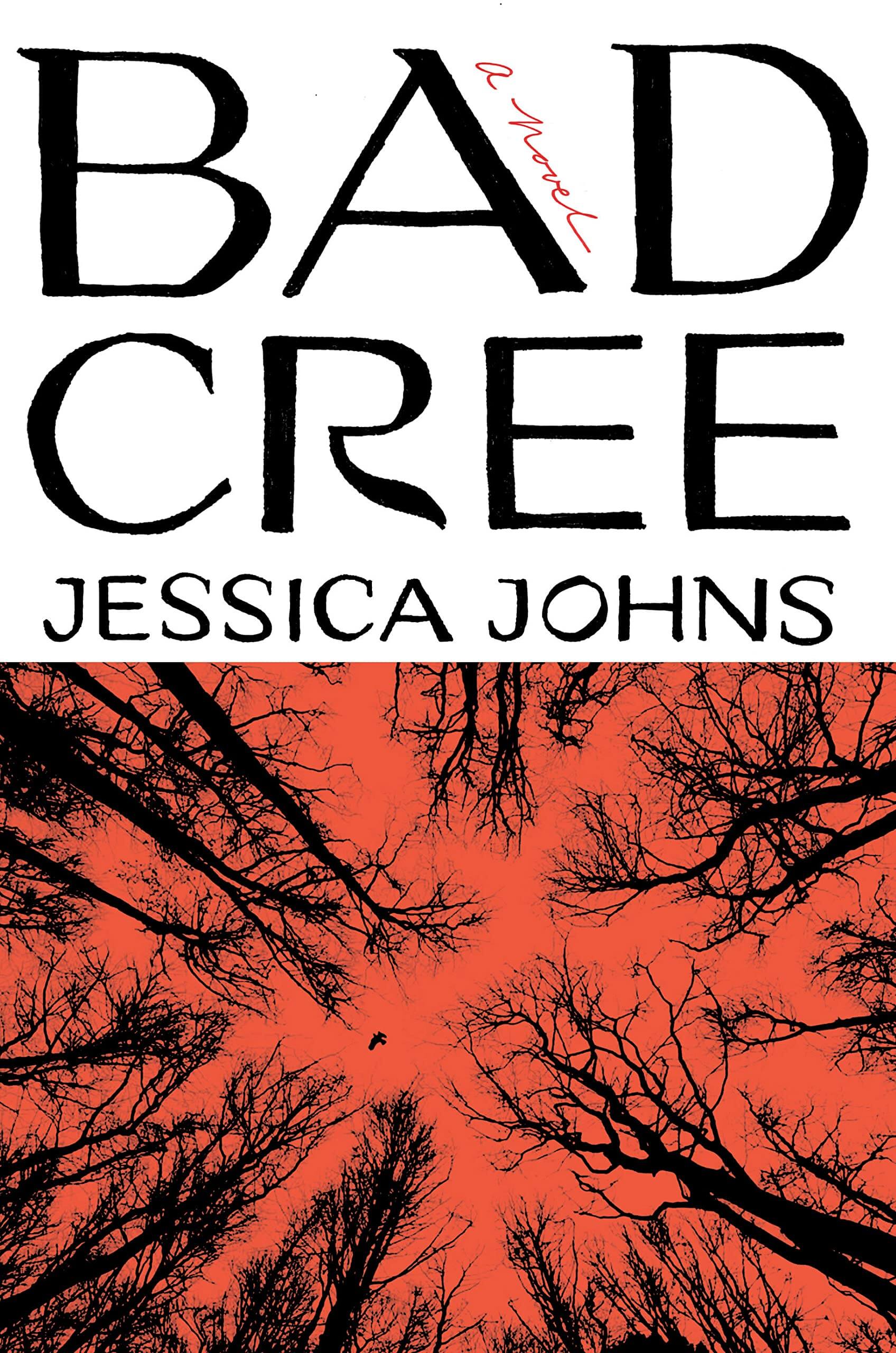
Bad Cree by Jessica Johns (January 10)
I don’t make a habit of reading scary books, because horror does a number on my sleeping habits, but Bad Cree has really got me intrigued. Perhaps for that very reason, as this novel tells the story of a young Cree woman who is haunted in her dreams by an untimely death of a family member, and then the haunting starts following her into her waking hours. It sounds creepy in all the right ways.
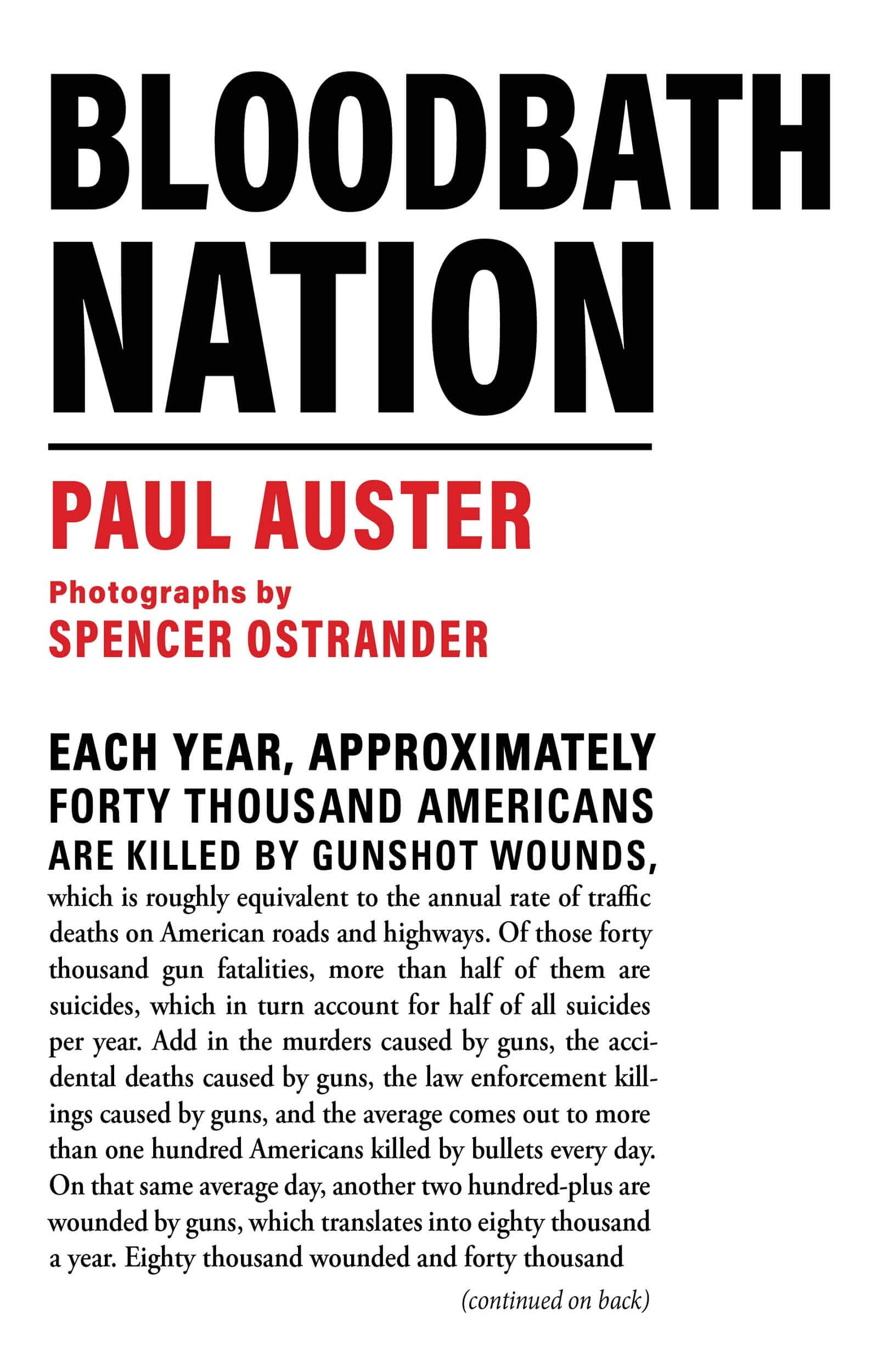
Bloodbath Nation by Paul Auster (January 10)
Paul Auster is a prolific American writer of fiction, nonfiction, poetry and more. His newest book Bloodbath Nation is a rumination on gun violence in the United States, from the displacement of Native Americans to the current era of mass shootings and everything in between. This is a topic I can’t seem to get enough of, and I’m excited to see how Auster tackles it from his vantage point.
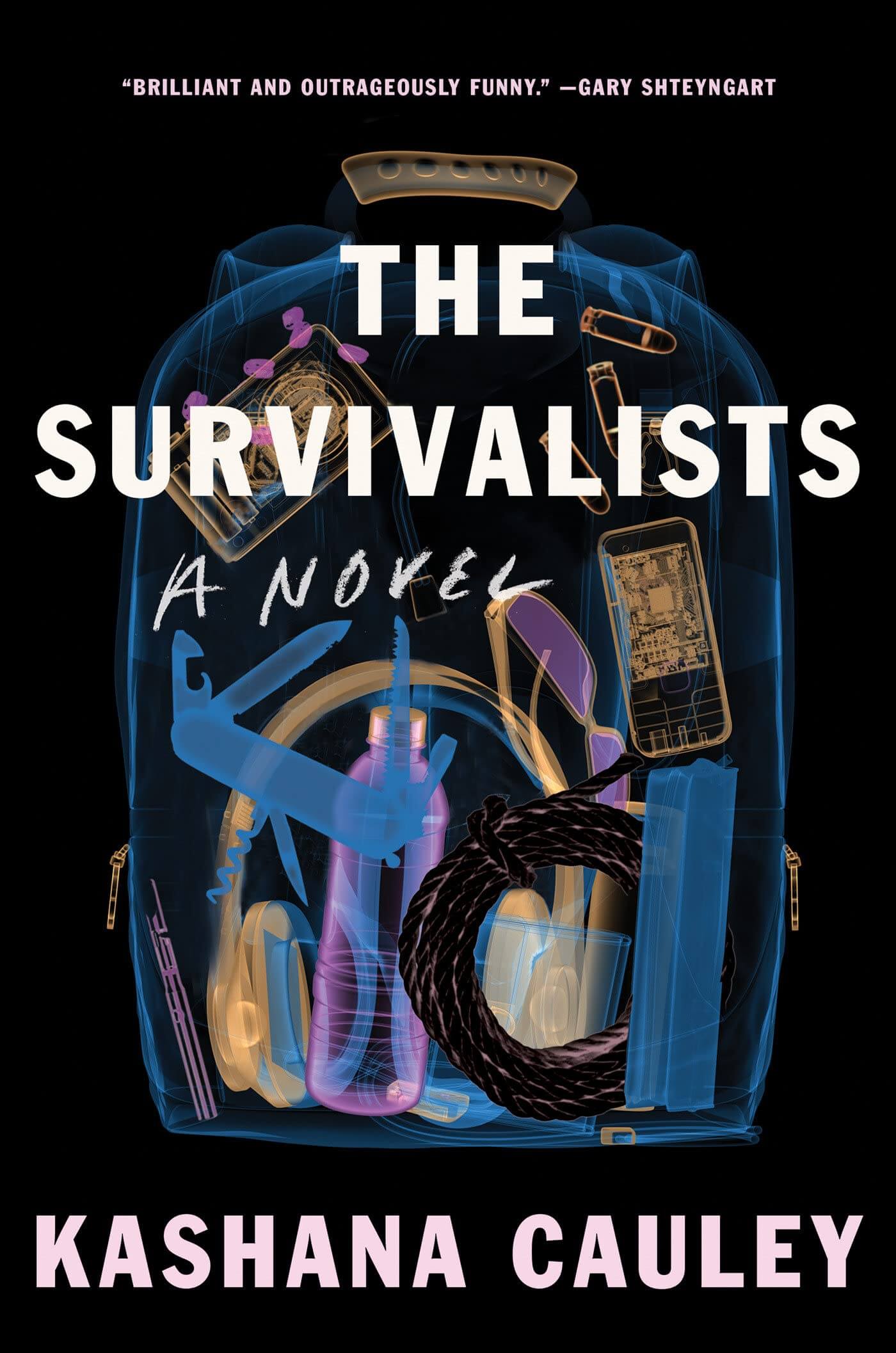
The Survivalists by Kashana Cauley (January 10)
A dystopian satire featuring a Black woman and a group of doomsday preppers in Brooklyn? Yes. That is a book I want to read.
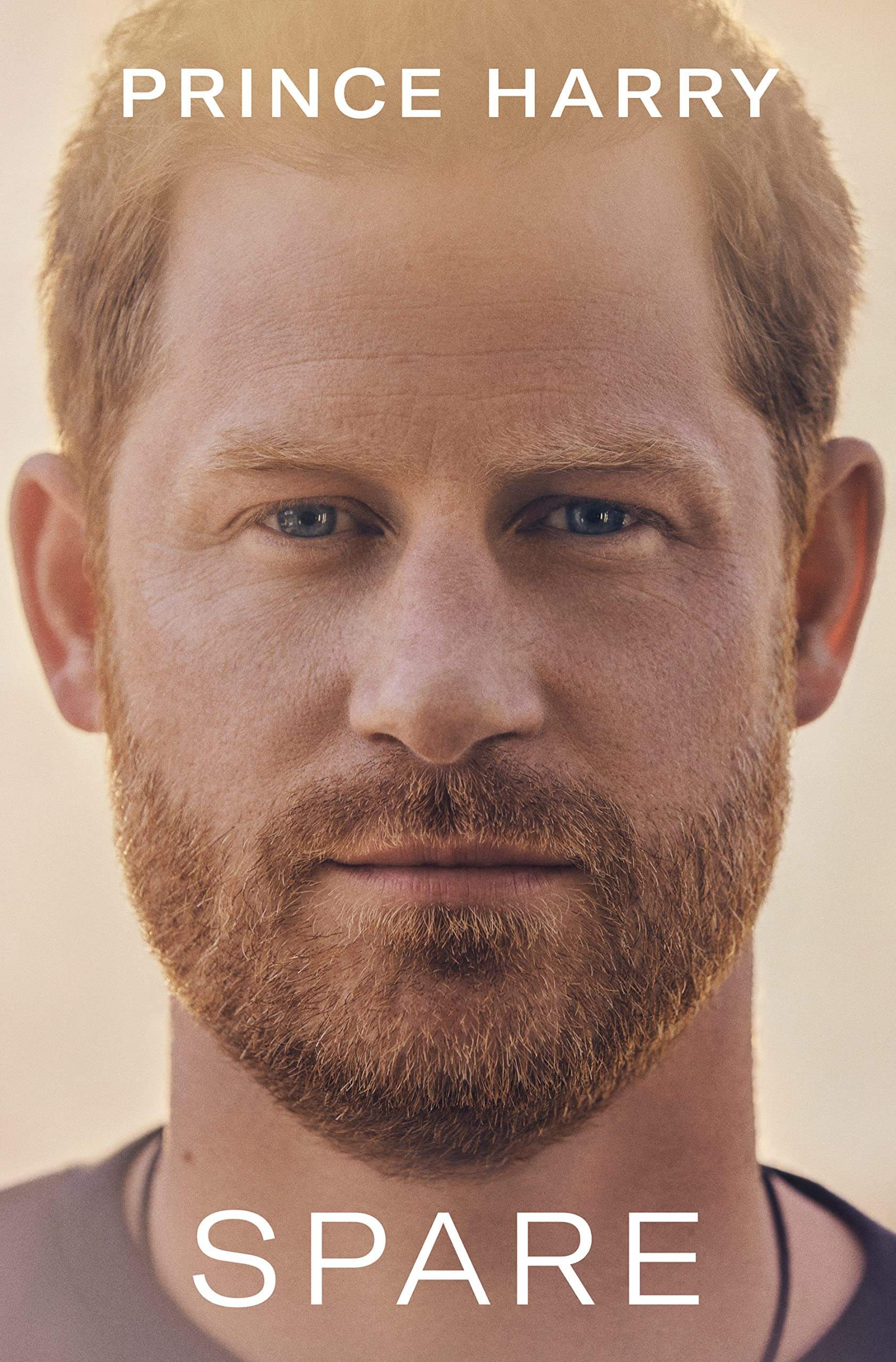
Spare by Prince Harry (January 10)
I am not into the royals, but I am into Harry and Meghan. IF Harry is writing a memoir, I need to know what he has to say. For instance, who specifically was worried about how dark Archie would be? Also, this title, Spare, is cruel and brilliant and cutting in all the right ways, which gives me hope the book will be the same.
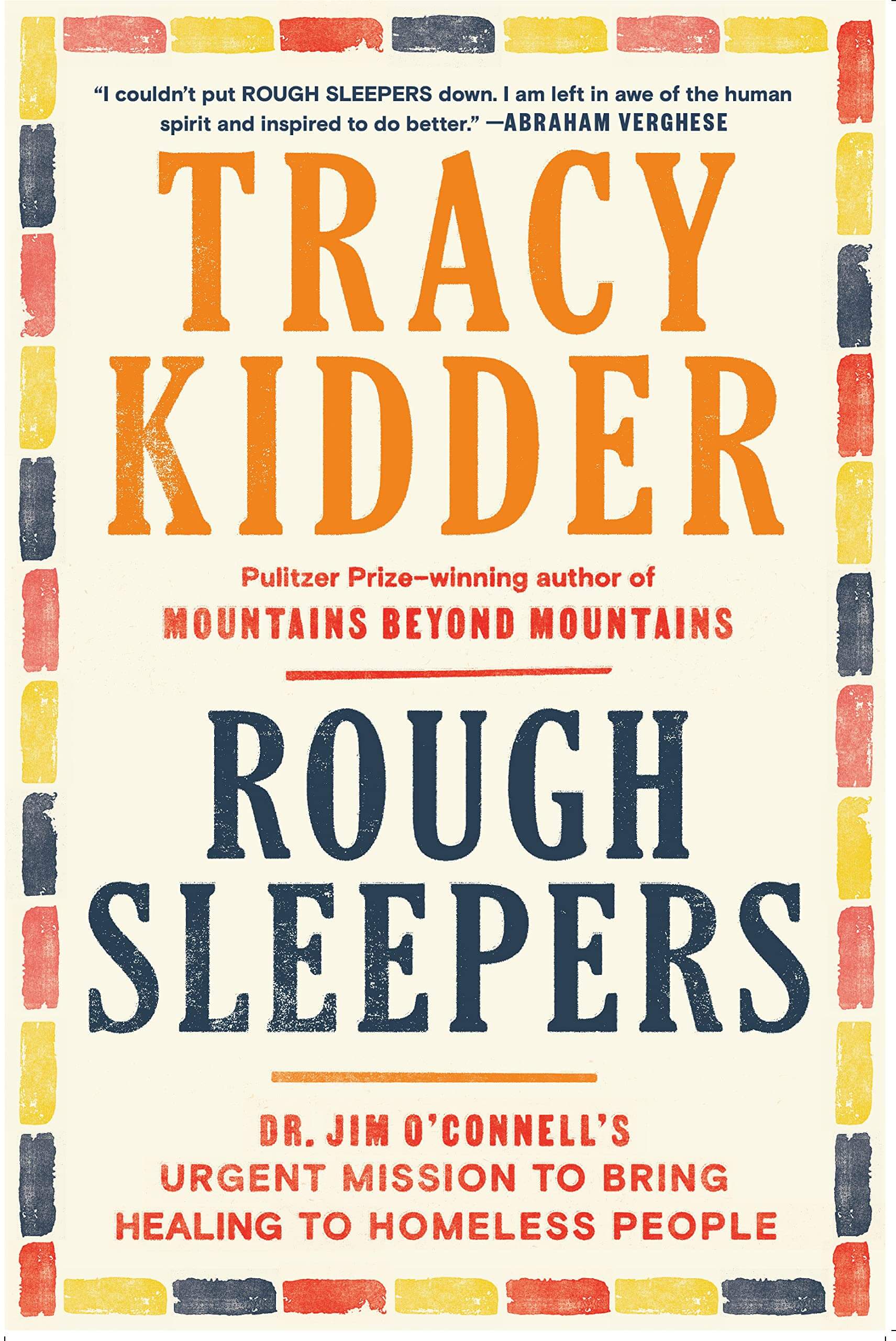
Rough Sleepers: Dr. Jim O’Connell’s Urgent Mission to Bring Healing to Homeless People by Tracy Kidder (January 10)
One of my all time favorite books is Mountains Beyond Mountains from Tracy Kidder, which means anything that comes out after is an auto-buy for me. Rough Sleepers is about Dr. Jim O’Connell, who’s life work centers on caring for the unhoused population in Boston. If you know anything about Kidder, you know this book promises to be a deeply human look at Dr. O’Connell and the people he cares for.
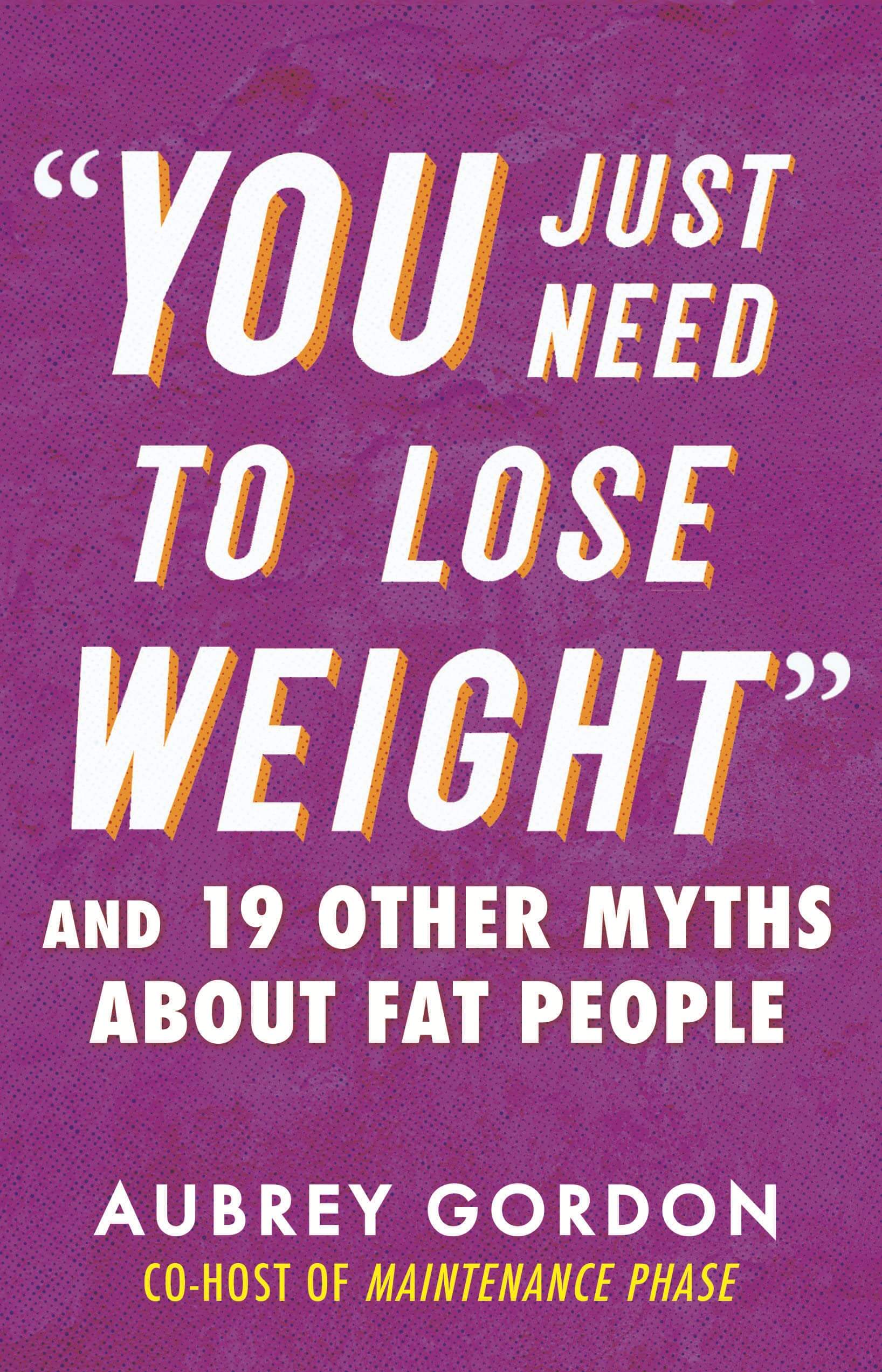
“You Just Need to Lose Weight”: And 19 Other Myths about Fat People by Aubrey Gordon (January 10)
What I like about Gordon is that she gives it to you straight. She doesn’t sugarcoat harm or injustice, and I’m looking forward to that energy in her latest book. The blurb on the back of the book says: “Aubrey Gordon equips readers with the facts and figures to reframe myths about fatness in order to dismantle the anti-fat bias ingrained in how we think about and treat fat people.” You Just Need to Lose Weight sounds very very good.
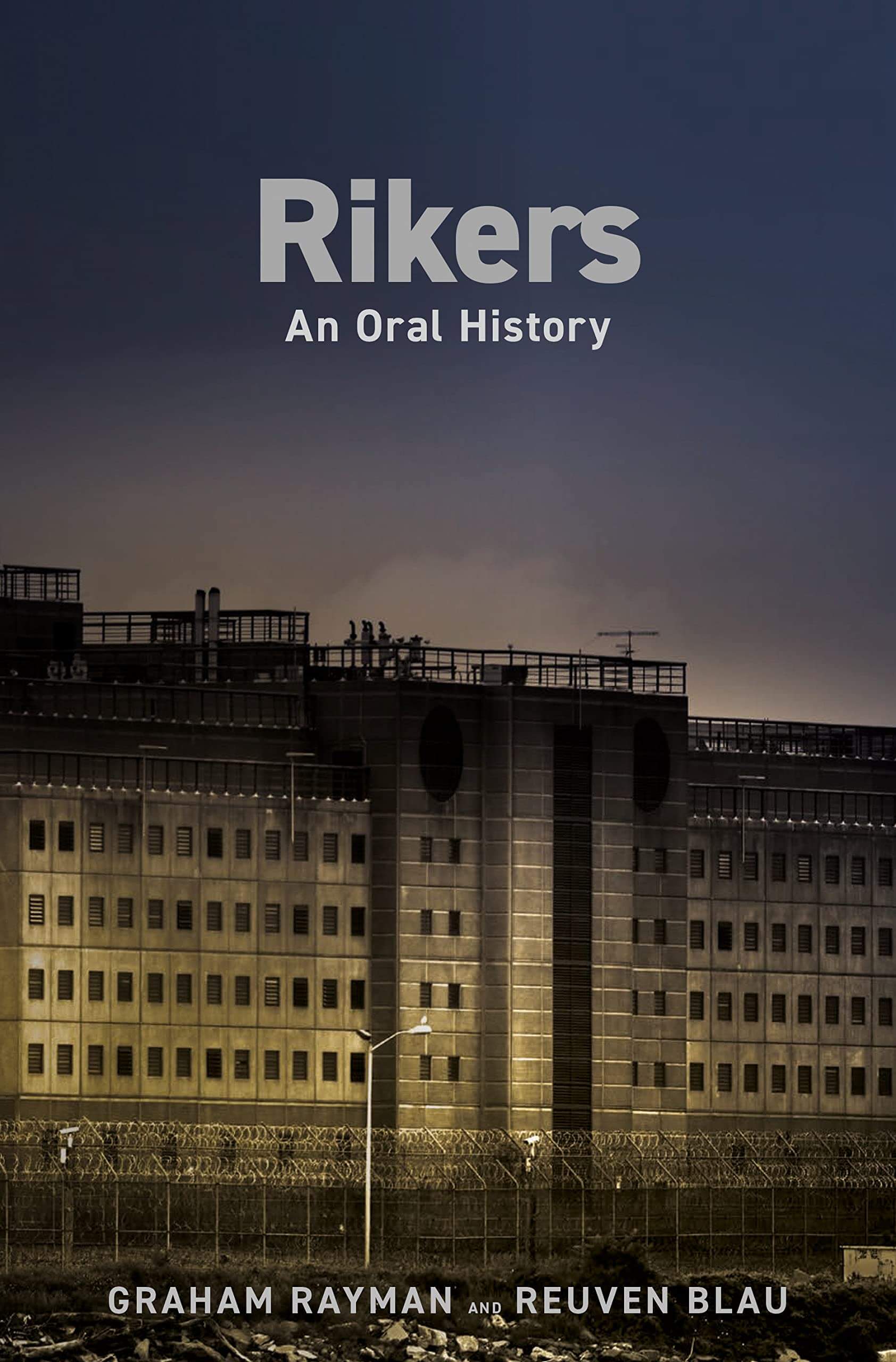
Rikers: An Oral History by Graham Rayman and Reuven Blau (January 17)
I’m not sure how an oral history of one of the most dangerous and infamous jails in the country will play out, but I know I am curious to read it. I love an oral history, and have always been fascinated to know more about what goes on inside our nation’s most cruel institutions. I hope this book will provide insights, and not sensationalist narratives.
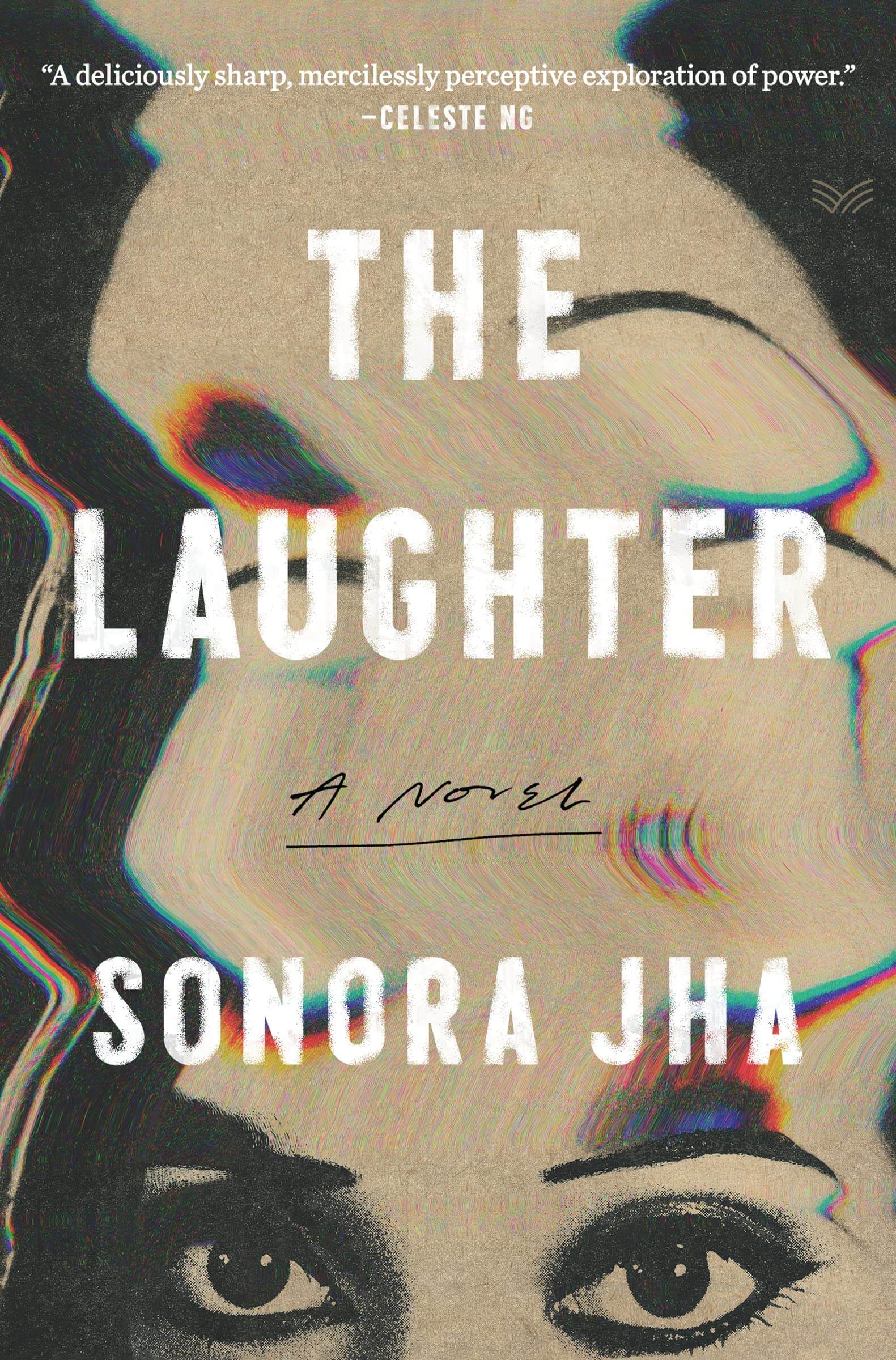
The Laughter by Sonora Jha (February 14)
I love a campus novel, and in The Laughter a white college professor develops an unrelenting fascination with his new Pakistani colleague. The book explores the ideas of “otherness”, and asks questions about what tips us from infatuation to full blown obsession.
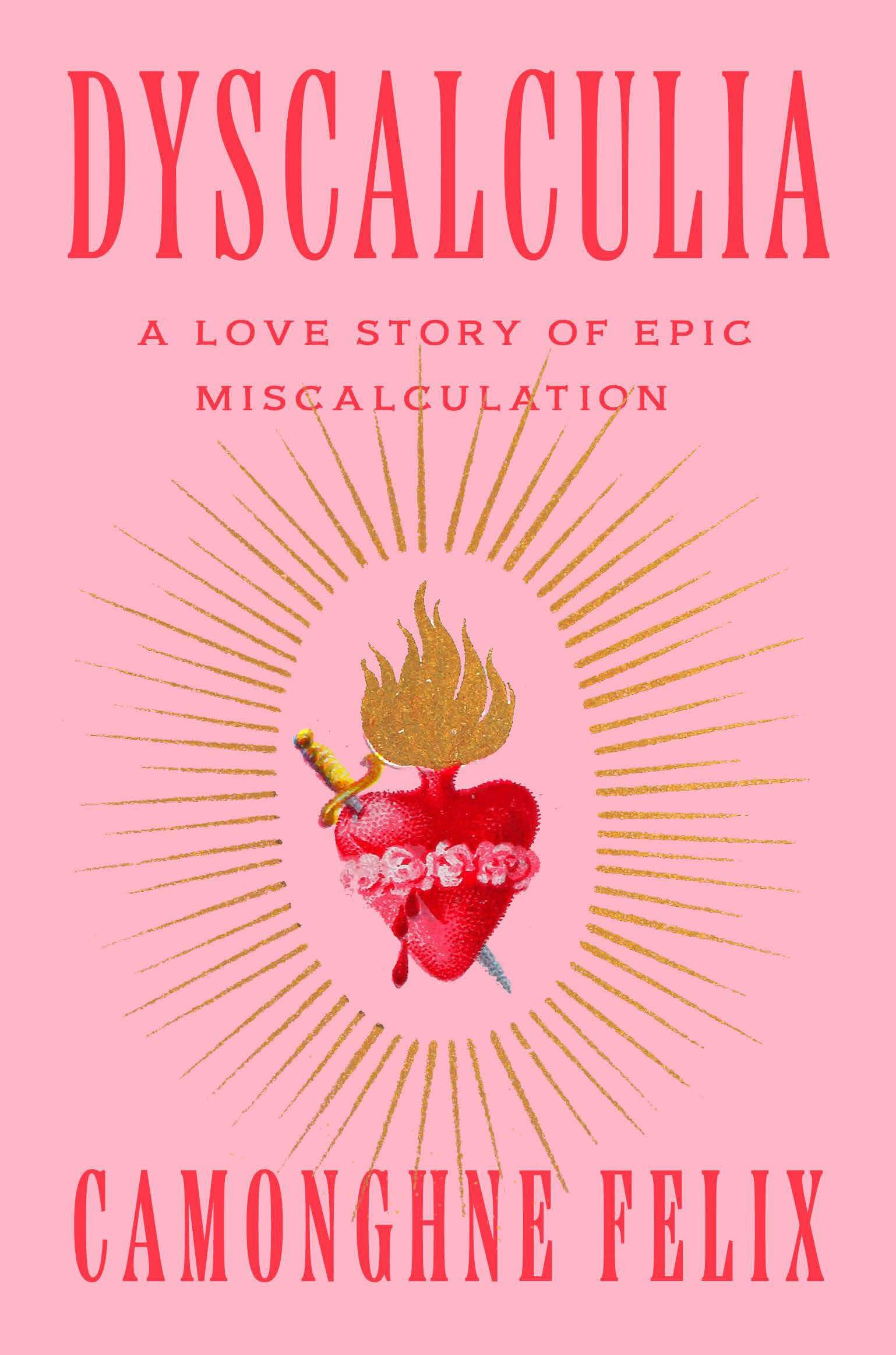
Dyscalculia: A Love Story of Epic Miscalculation by Camonghne Felix
This memoir looks at Felix in the wake of a major breakup that leads to a hospital stay and the ways her previous life traumas show up in her healing process. Dyscalculia is framed through Felix’s diagnosis of dyscalculia which is a disorder that makes it difficult to learn math. I love a memoir and this one sounds multifaceted and rich.
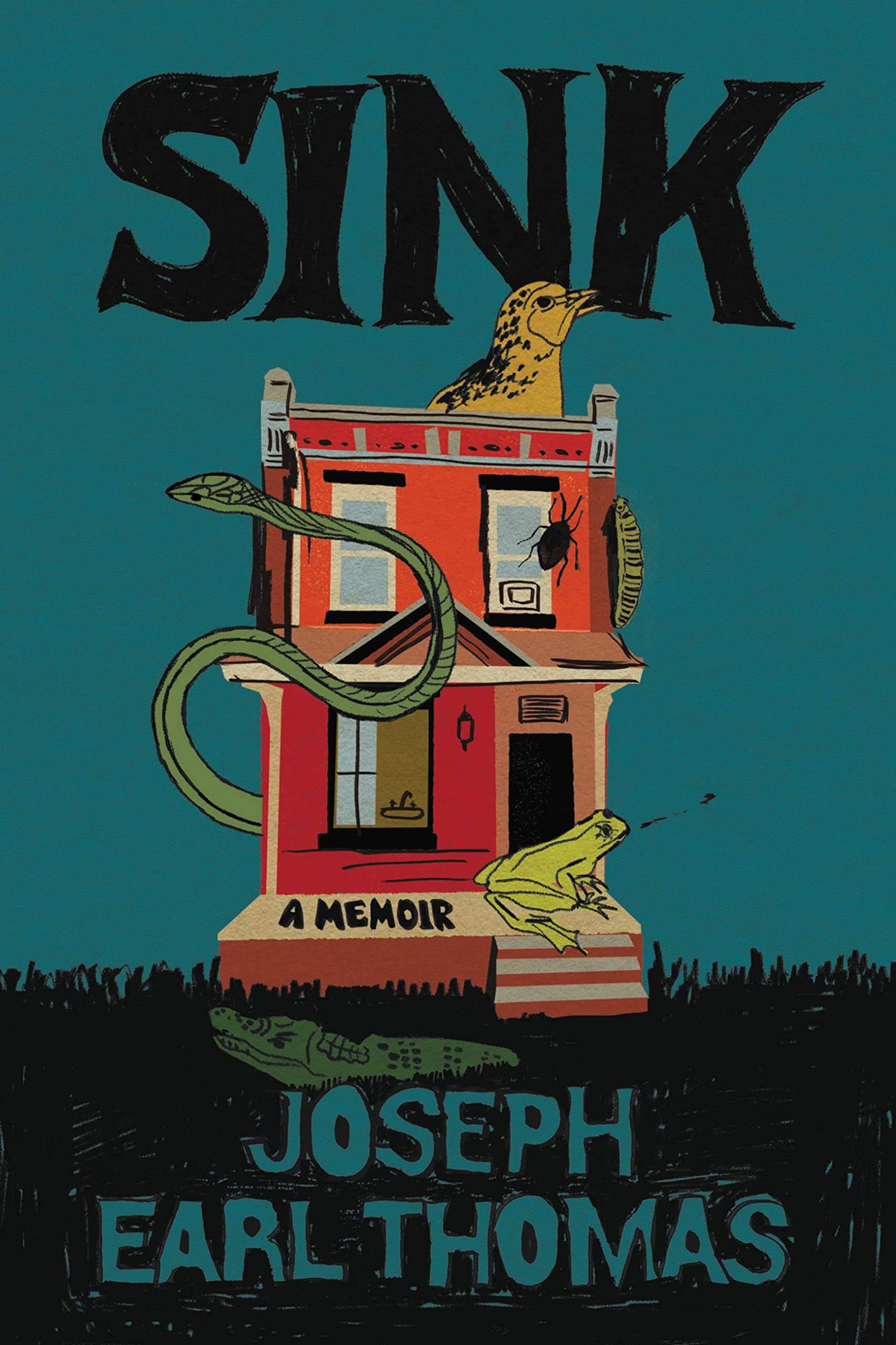
Sink by Joseph Earl Thomas (February 21)
A coming of age memoir told in vignettes about growing up in a hazardous home and escaping into nerd culture to find sanctuary. The book explores poverty, loneliness, toxic masculinity and much more. Kiese Laymon calls Sink “brilliant and brilliantly different”, which is enough for me.
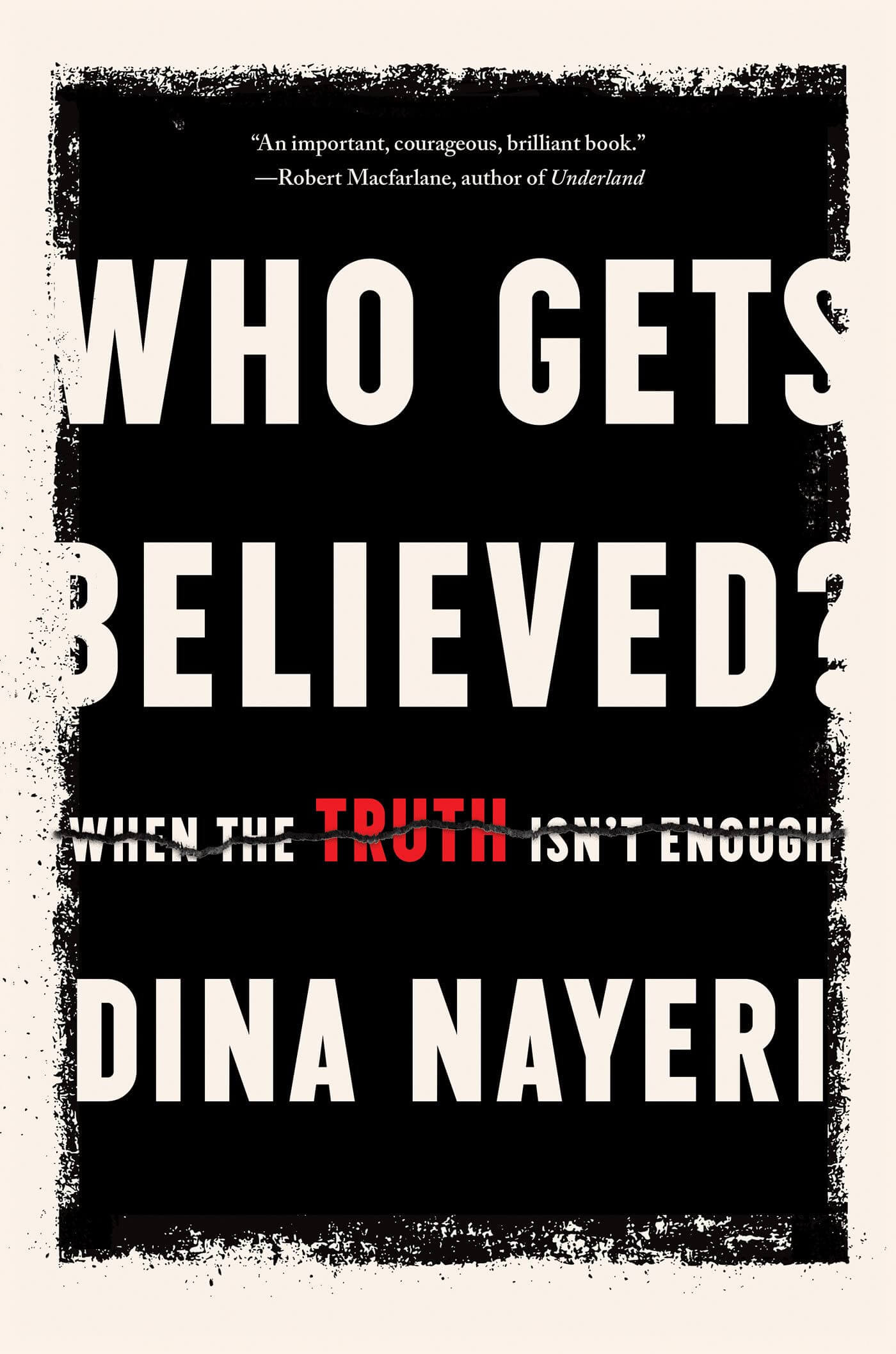
Who Gets Believed?: When the Truth Isn’t Enough by Dina Nayeri (March 7)
This book is asking questions around the refugee experience. Nayeri is looking at what it means to be believed versus dismissed, and how that shows up in spaces ranging from asylum interviews to family life, to emergency rooms and beyond.
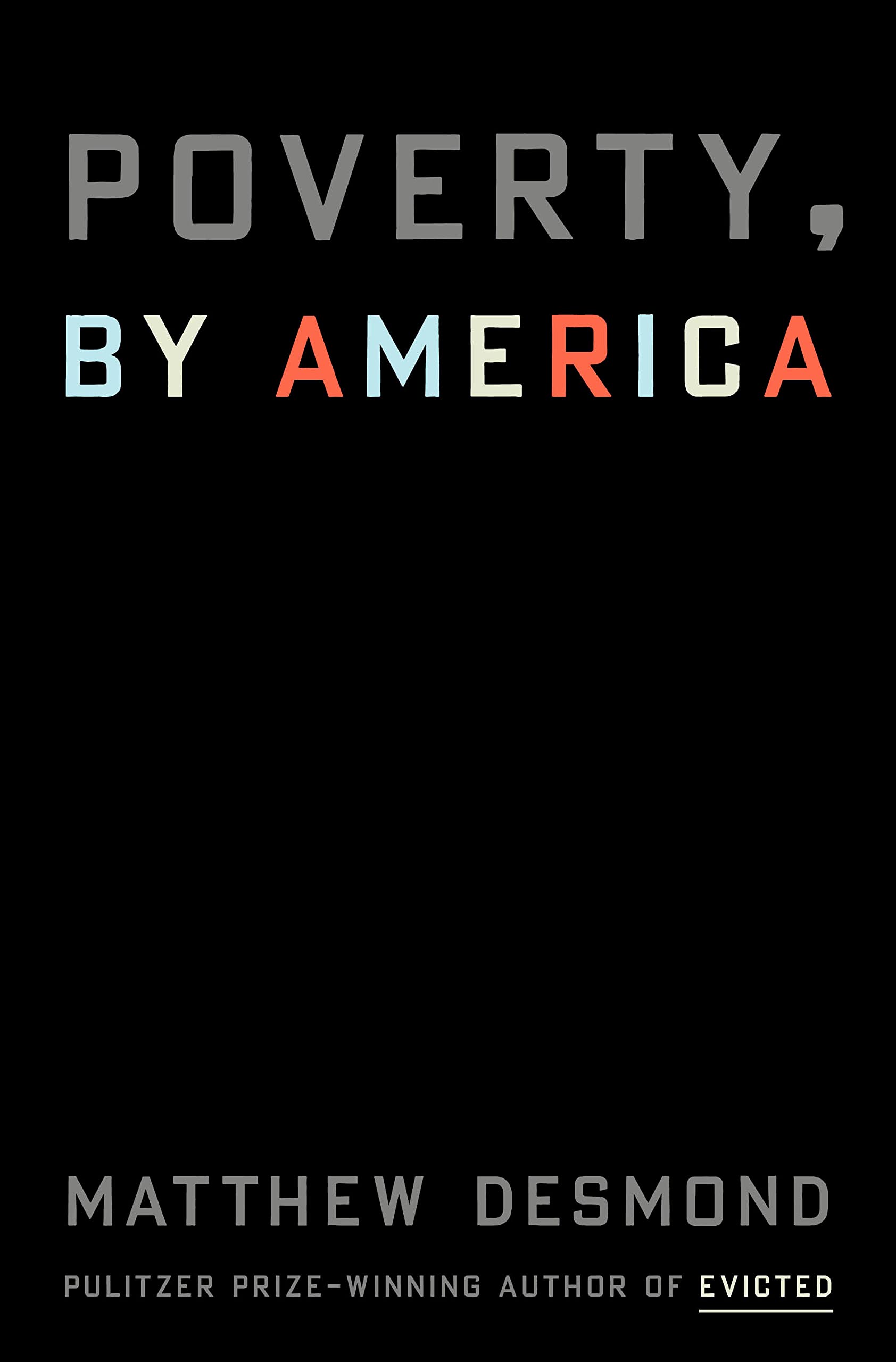
Poverty, by America by Matthew Desmond (March 21)
The Pulitzer Prize-winning author behind Evicted is back with a book that looks at, you guessed it, poverty in America. The book argues that poverty exists in America because affluent people knowingly and unknowingly benefit from the existence of the impoverished. The book pulls on original reporting and history to paint a picture of our morally bankrupt system, and gives us ways to think about this urgent issue.

Above Ground by Clint Smith (March 28)
I loved Clint Smith’s first poetry collection, Counting Descent, and I also loved his acclaimed work of nonfiction How the Word is Passed. This leads me to believe I will love his new collection of poetry, Above Ground, about becoming a parent and the roles and responsibilities that entails.
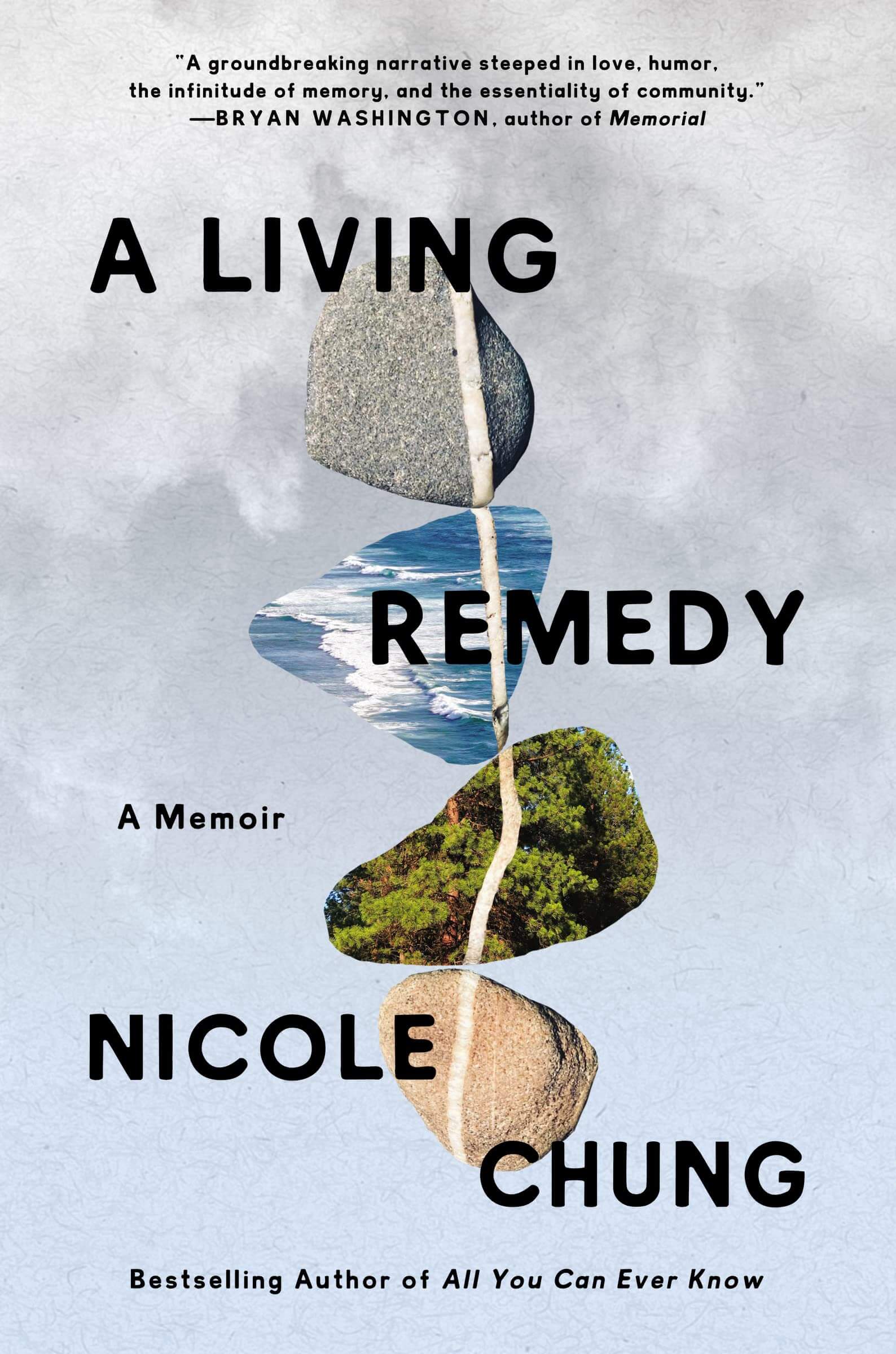
A Living Remedy by Nicole Chung (April 4)
In 2019 on The Stacks, we featured Chung’s first memoir, All You Can Ever Know for our book club. I also had the pleasure of speaking with Chung about the book as well. Her first memoir delved into her experience as a Korean American transracial adoptee. The book was incredible. At that time her father had recently passed away, and her mother had been diagnosed with cancer. In her new book A Living Remedy, Chung explores money, class, grief, false promises, and the ways that our healthcare system fails so many. I look forward to reading more about Chung and the life she has lived because she is an expert at sharing her story with her readers.
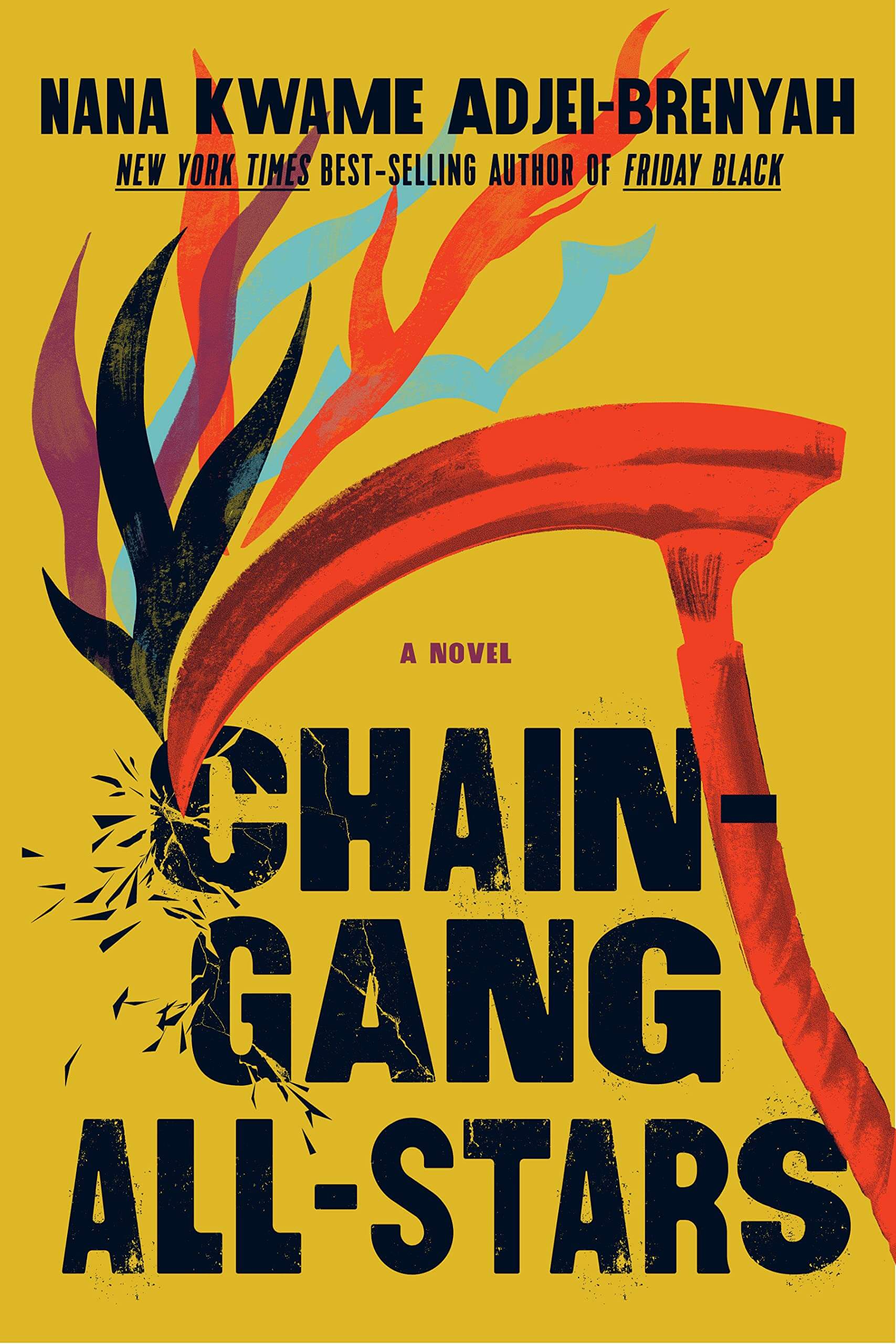
Chain-Gang All-Stars by Nana Kwame Adjei Brenyah (April 4)
Another veteran of The Stacks is back with his first full-length novel. Brenyah’s first book, Friday Black, a short story collection, was dark and twisty and explosively creative and subversive. His latest is about incarcerated women who compete in death matches to earn their freedom. I don’t know much else about this book, because I don’t need to. I’m reading it.
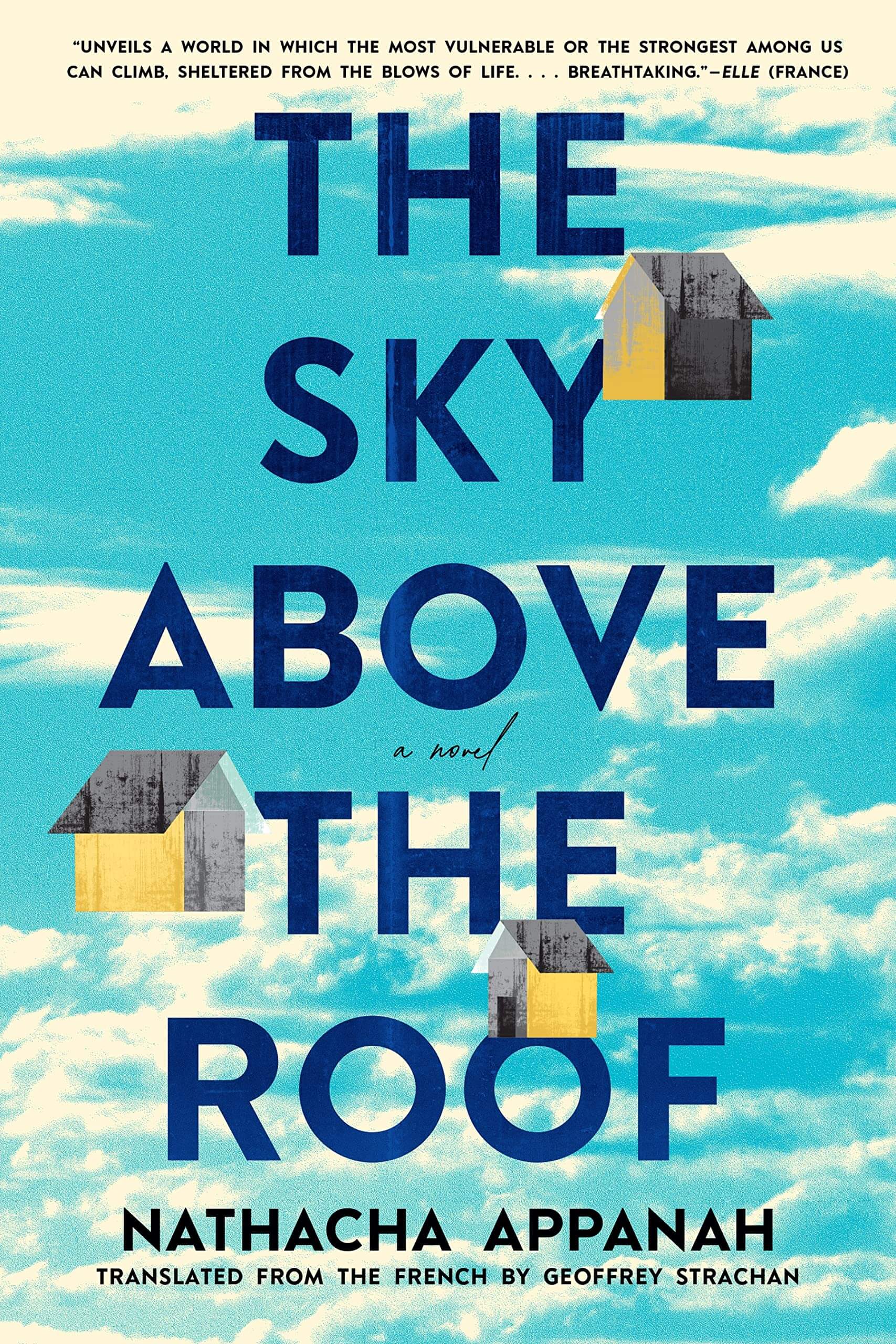
The Sky Above the Roof by Nathacha Appanah and translated by Geoffrey Strachan (April 4)
This slim novel has a synopsis that is impossible to ignore. Wolf, a 17 year old unlicensed driver, steals his mom’s car to search for his sister, who left home ten years ago. He causes an accident and is arrested and incarcerated. I don’t know where this novel, translated from French, will take me—but I’m ready for the ride.

The People Who Report More Stress: Stories by Alejandro Varela (April 4)
Varela’s novel The Town of Babylon was a finalist for the 2022 National Book Award, and he is back with a series of interconnected stories “brimming with the anxieties of people who retreat into themselves while living in the margins, acutely aware of the stresses that modern life takes upon the body and the body politic.” Varela is beloved for his ability to find humor in any situation through keen observation, looking forward to how his critical eye will show up in this collection.
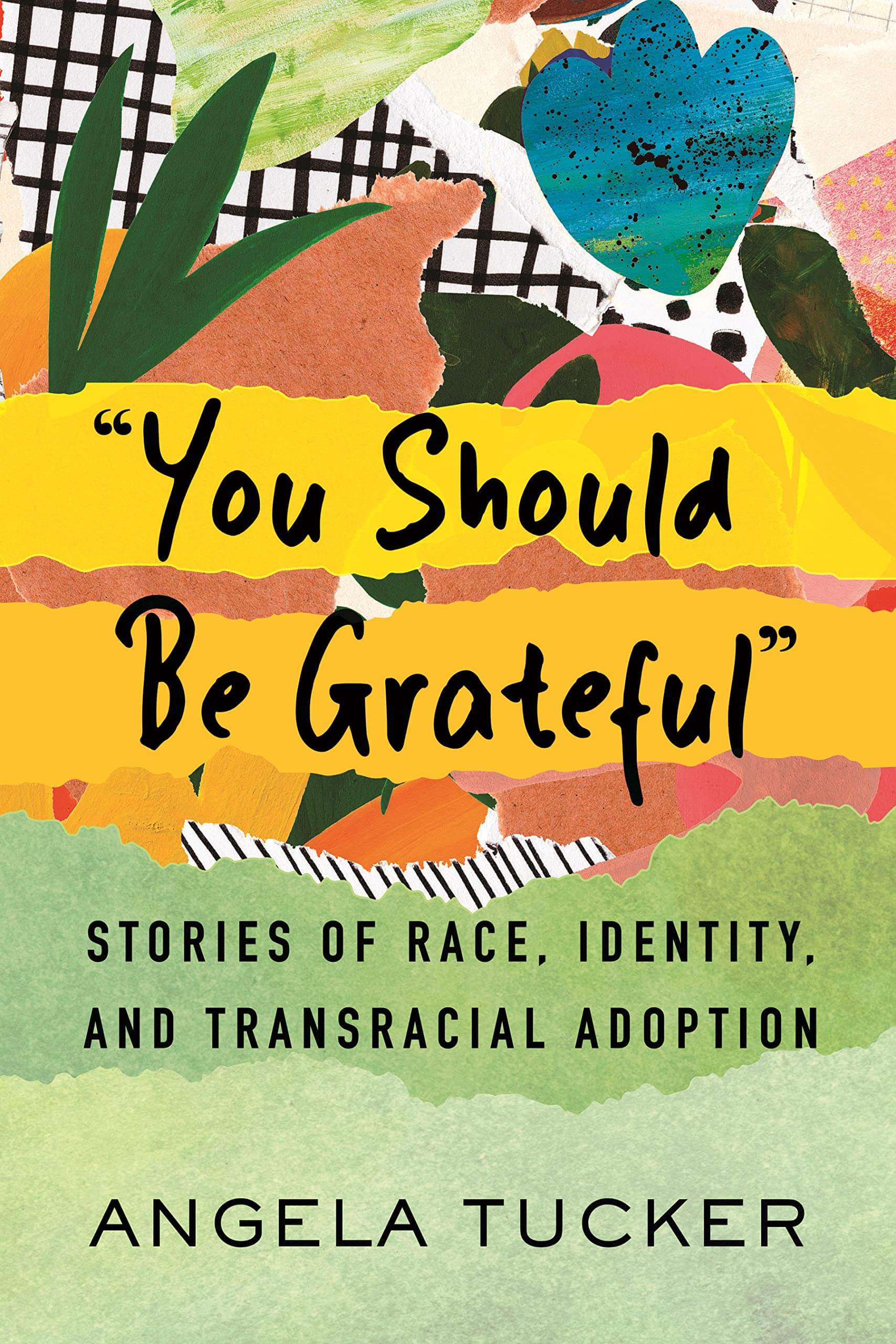
You Should Be Grateful: Stories of Race, Identity, and Transracial Adoption by Angela Tucker (April 18)
“You should be grateful your parents adopted you” is a common refrain adoptees hear all the time, especially adoptees who dare to question their adoptions. This goes double for transracial adoptees. Tucker, a Black woman adopted by white parents, has heard these kinds of comments all her life. In You Should Be Grateful, Tucker shares the stories of other transracial adoptees that challenge the narrative of adoptive parents as nobel saviors, and delves into the complexities that many adoptees know and live with.
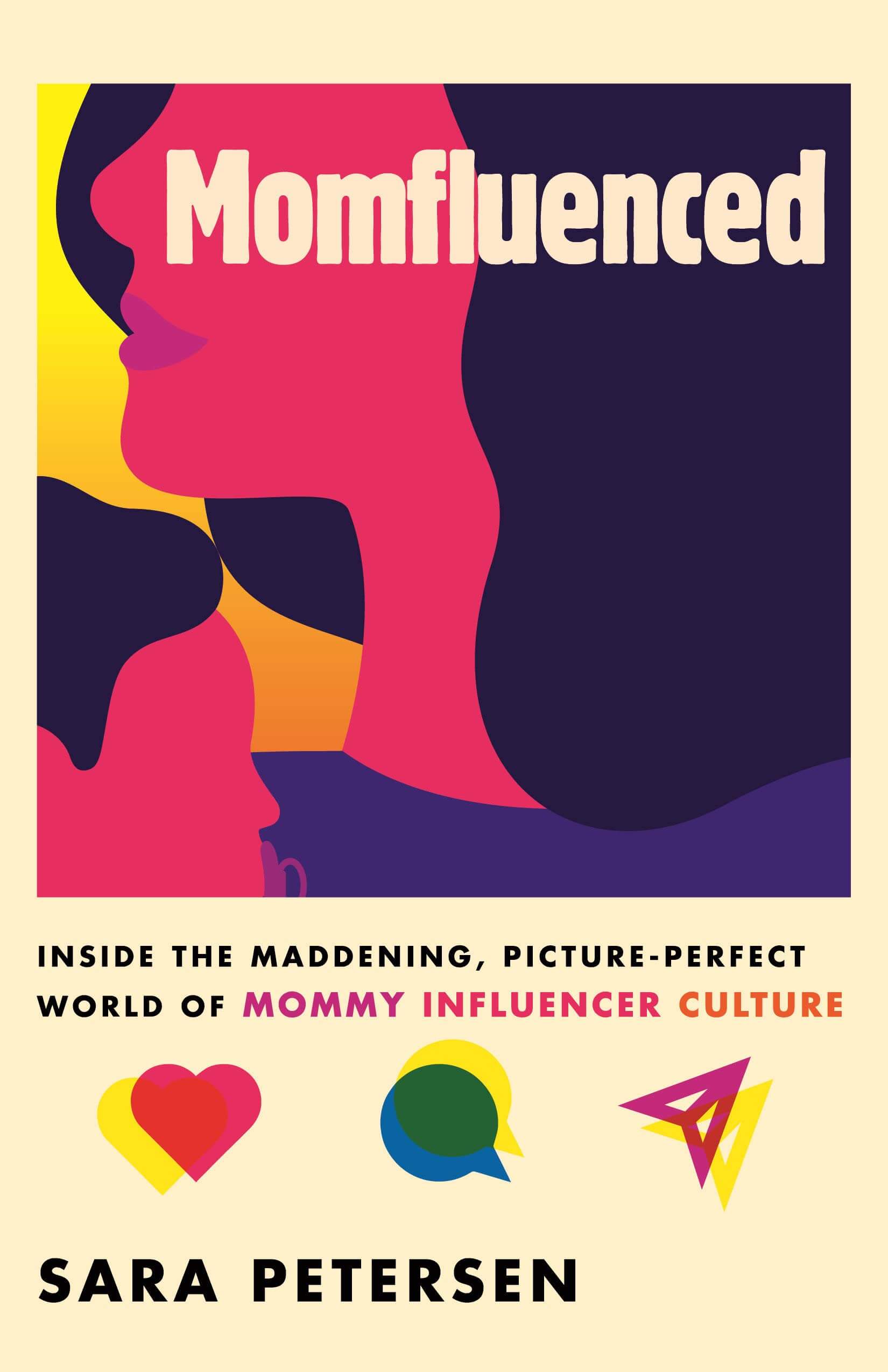
Momfluenced: Inside the Maddening, Picture-Perfect World of Mommy Influencer Culture by Sara Peterson (April 25)
I’m a mom and in some respects I’m an influencer, but I am very much not a momfluencer. However I am deeply curious about this world. I know it is wildly lucrative but I’ve always been wondered about the cost to both mother and child(ren).
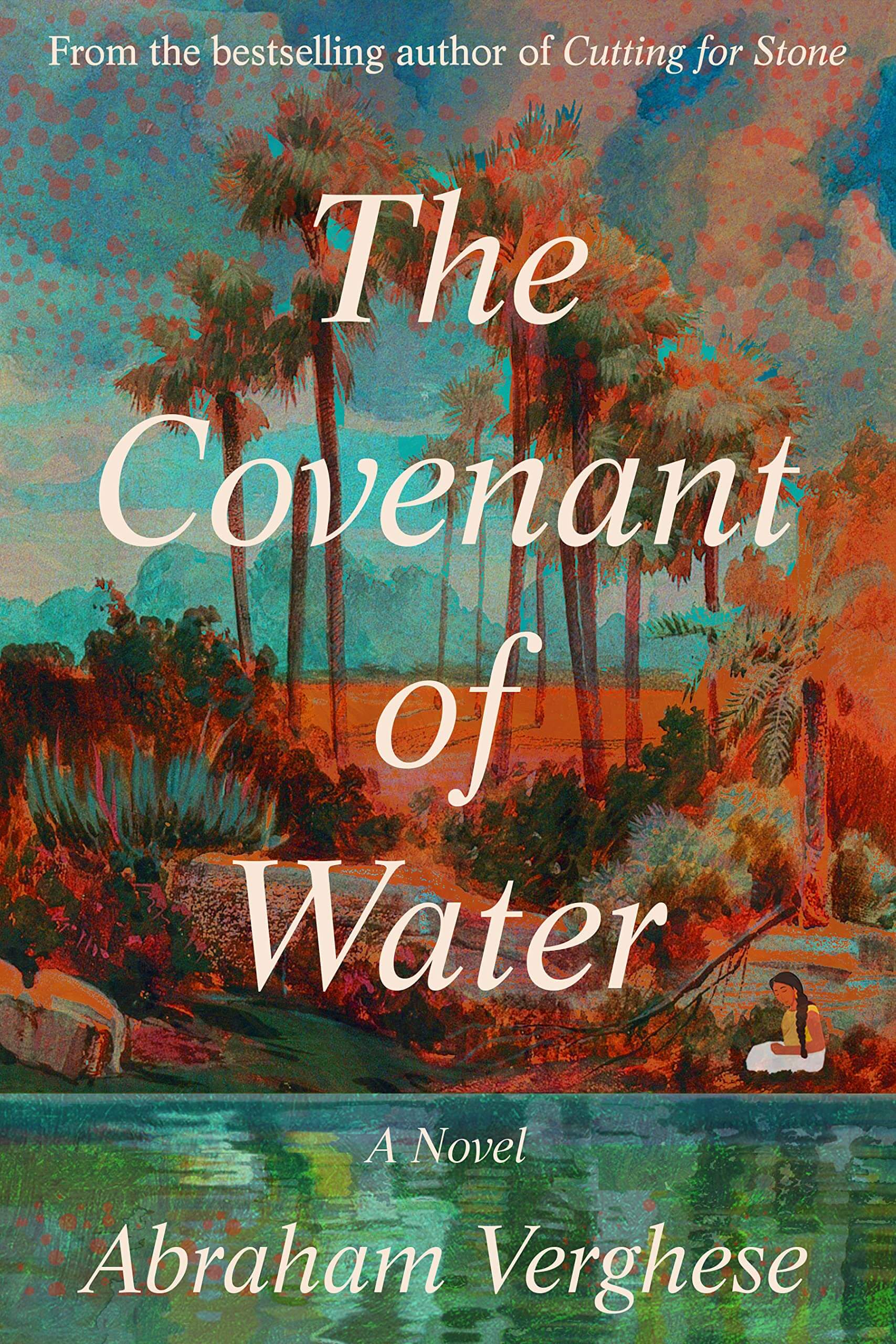
The Covenant of Water by Abraham Verghese (May 2)
I read and loved Cutting for Stone and My Own Country. When I saw that Verghese had another book coming, I yelped. I don’t know what he has in store for us with this sprawling multigenerational novel set in Kerala, South India, but I know it will be worth it. Verghese is a master at bringing the world to life and finding the things inside us that motivate, whether that be good, bad or ugly.
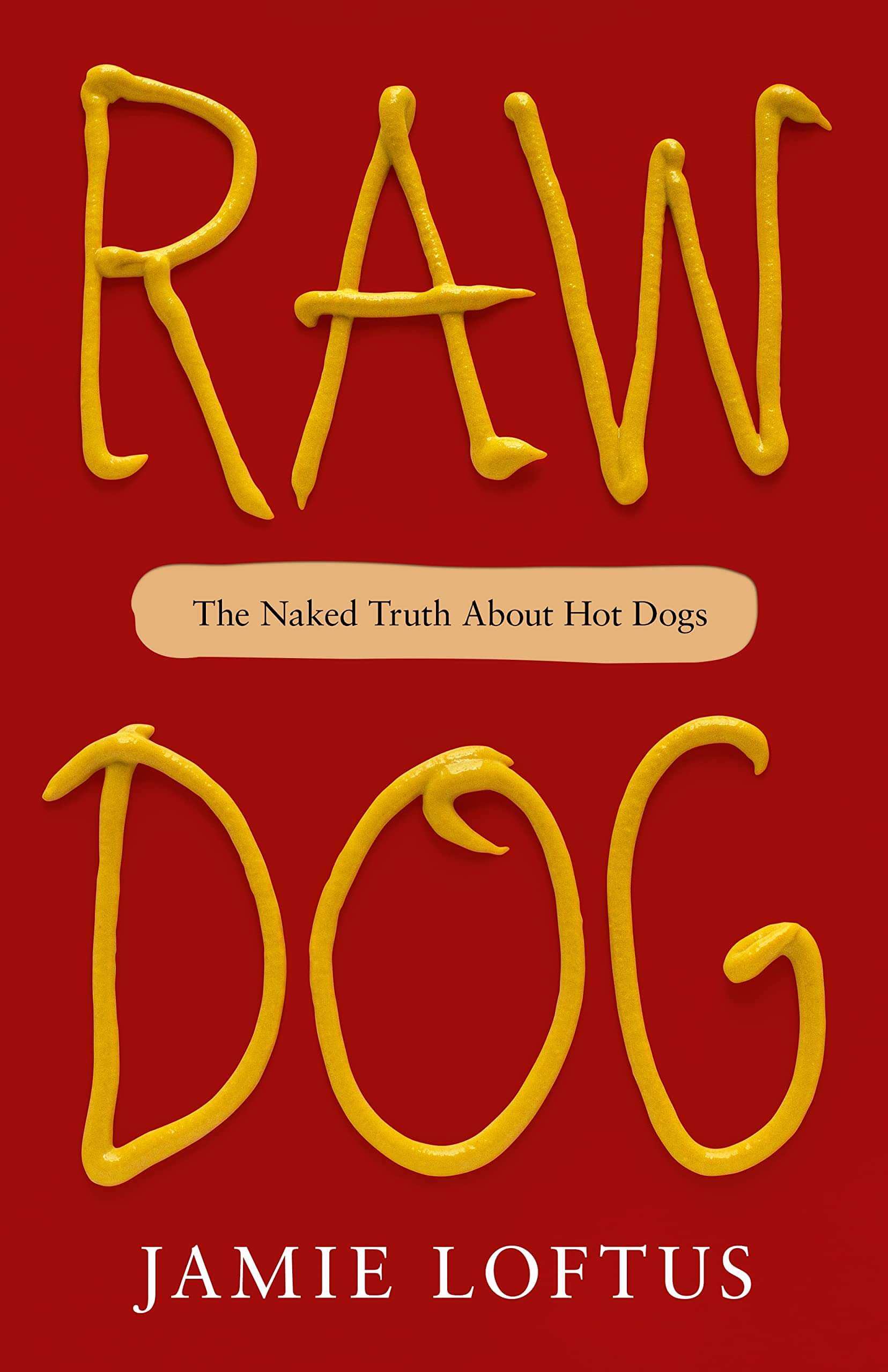
Raw Dog: The Naked Truth about Hot Dogs by Jamie Loftus (May 9)
I love hot dogs. I can’t believe there is going to be a book about hot dogs. I am so very much here for this. I am even more excited because the book is described as “Part travelogue, part culinary history, all capitalist critique”. Are you kidding me? Glizzy season is finally here!

Yellowface by R. F. Kuang (May 16)
From the author of The Poppy War series comes a novel about two novelist friends, one white, the other Asian. When they left their writing program they were predicted to be literary darlings, but when the white girl doesn’t get the shine she wants, she uses the untimely death of her friend as a way to cosplay as an Asian. She takes her departed friend’s stories and passes them off as her own. Which, of course, gets her the acclaim she’s been chasing. This book sounds like mess on top of mess. Dark humor and white people behaving badly, is very much my kink.
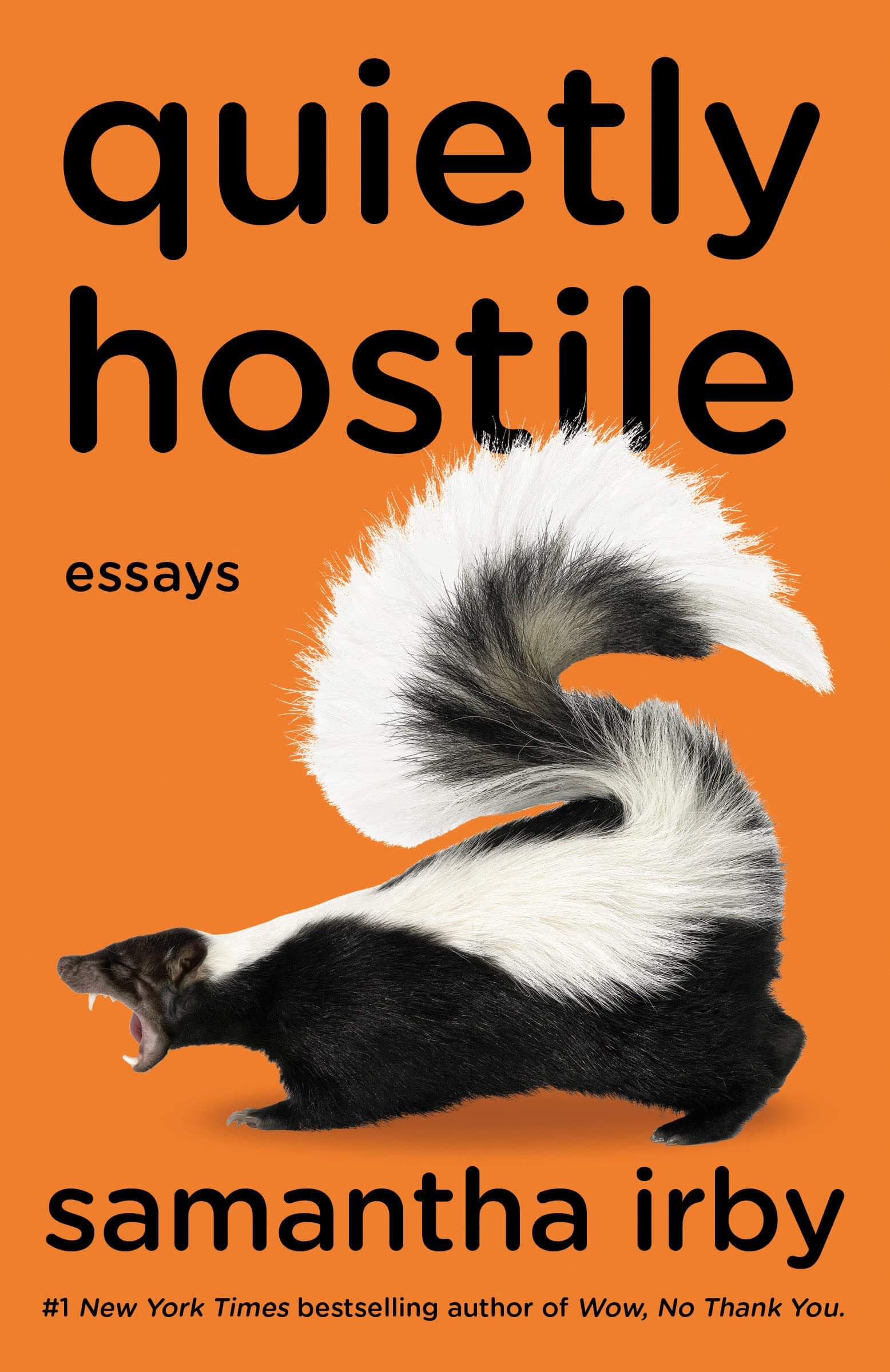
Quietly Hostile by Samantha Irby (May 16)
Still one of my favorite interviews I’ve ever done, Samanatha Irby is hilarious; disarmingly so. Her new essay collection, Quietly Hostile, is about the dissonance between her success and glamorous life as a Hollywood writer, and what her day to day really looks like. I know she is going to have us all cracking up, because that is the Samantha Irby way!
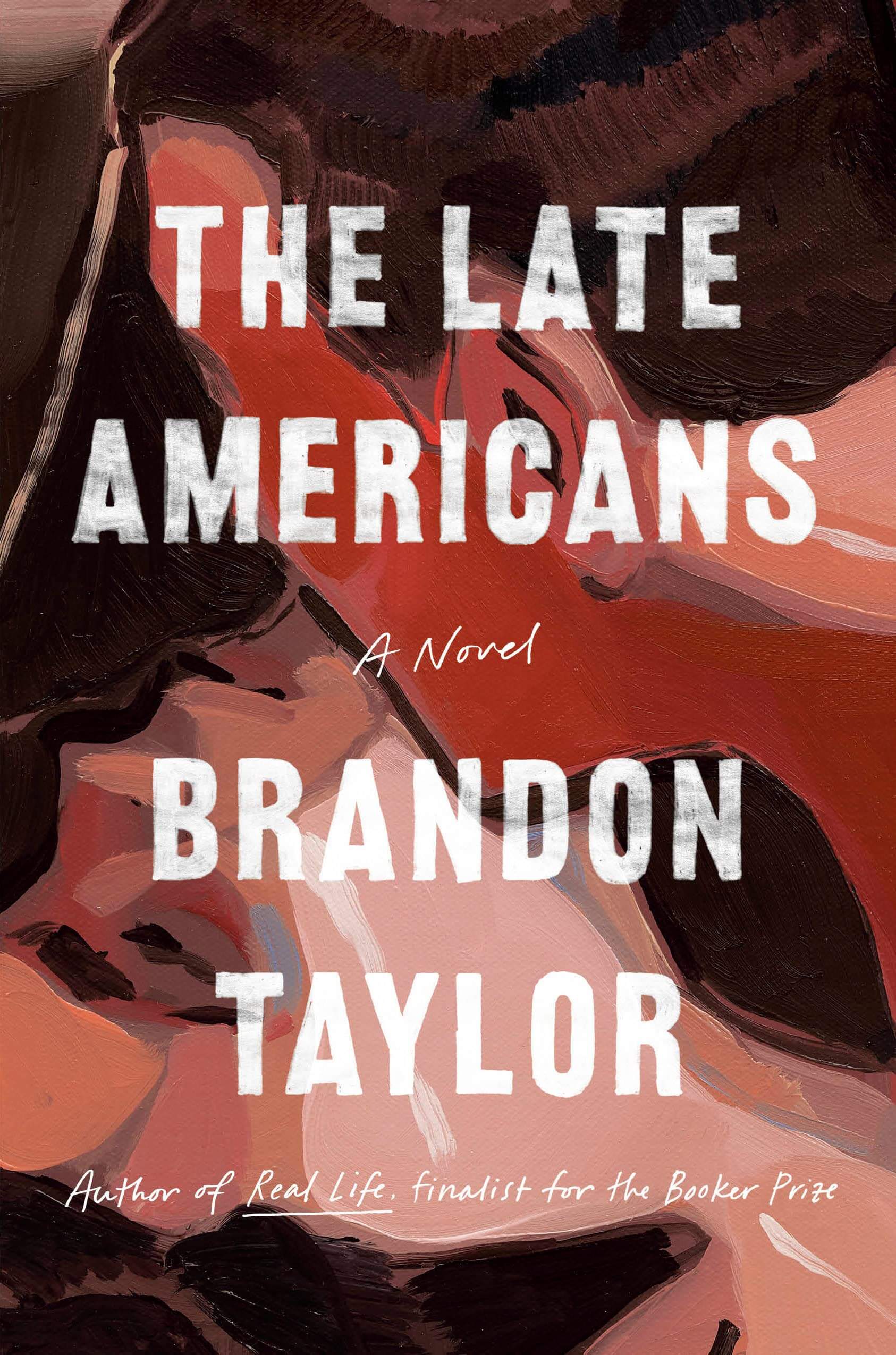
The Late Americans by Brandon Taylor (May 23)
Brandon Taylor’s first book, Real Life, was one of my favorite novels of 2020, so this book makes the list easy. His newest book, The Late Americans, is about “a loose circle of lovers and friends [who] encounter, confront, and provoke one another in a volatile year of self-discovery.” Taylor is so good at depicting the status struggles among intimates that I know this book will be juicy and cringey in the best ways.
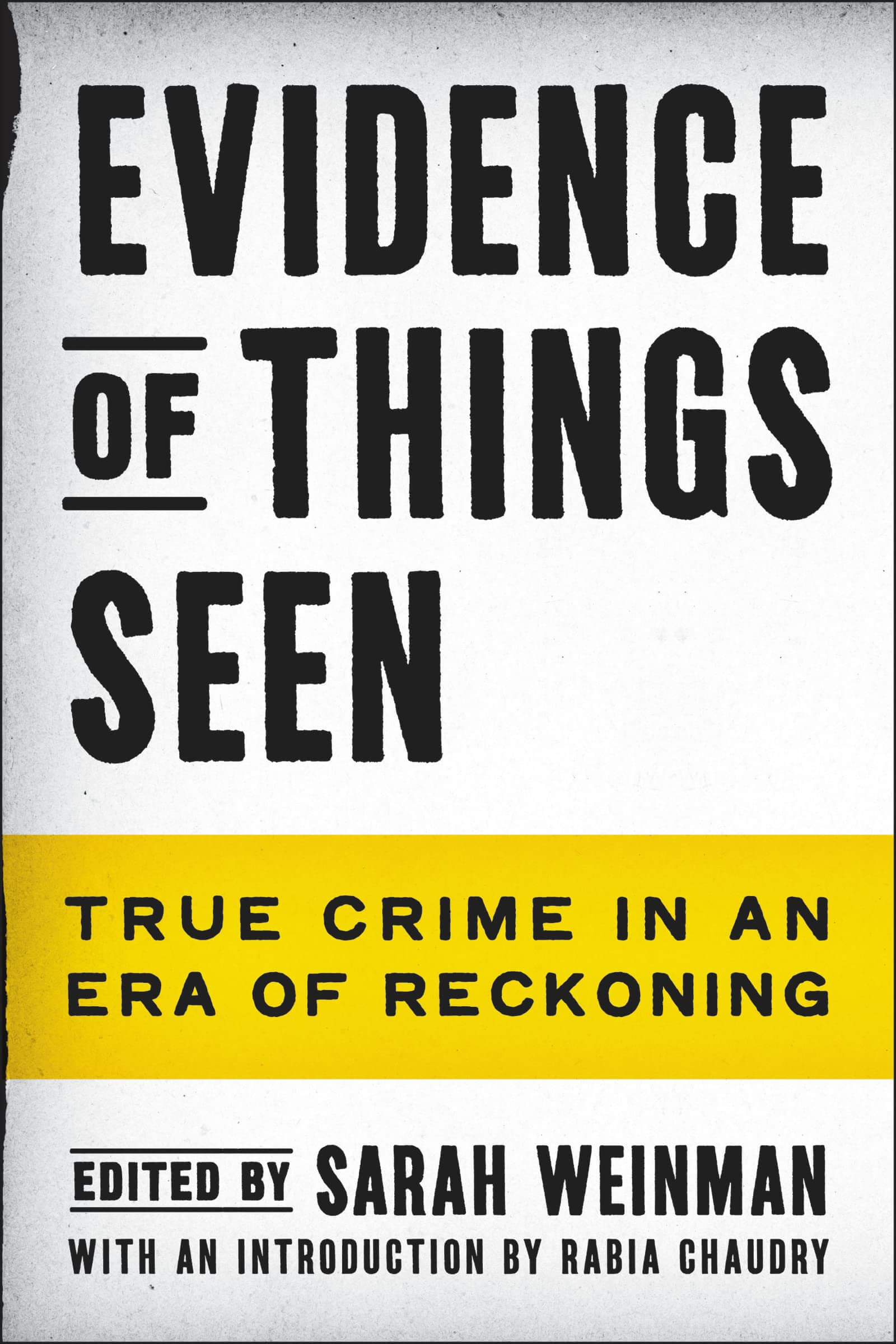
Evidence of Things Seen: True Crime in an Era of Reckoning edited by Sarah Weinman
A collection of essays that look at the ways we consume and perpetuate true crime culture from 14 of the best journalists writing on crime now. I myself am known to love a cult story or one of mass murder, and yet in recent years have felt icky about all of that. I’m hoping this book with essays from some of my favorite thinkers, like Wes Lowery and May Jeong, will help me understand why my love of true crime hasn’t been sitting right with me lately.

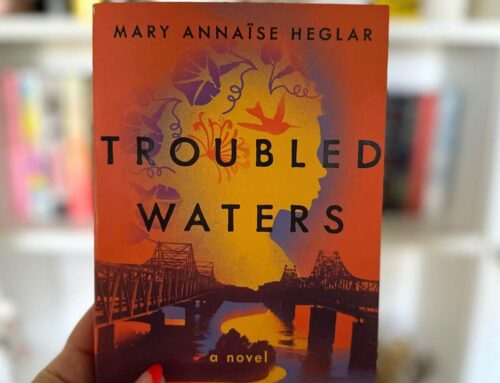
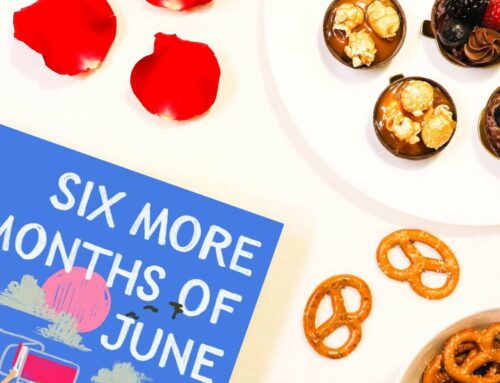
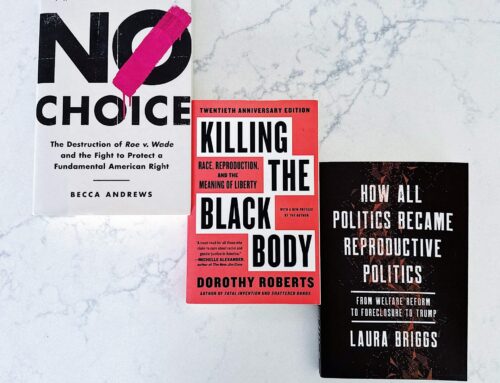
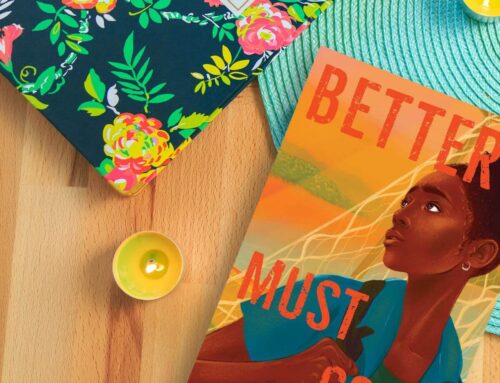
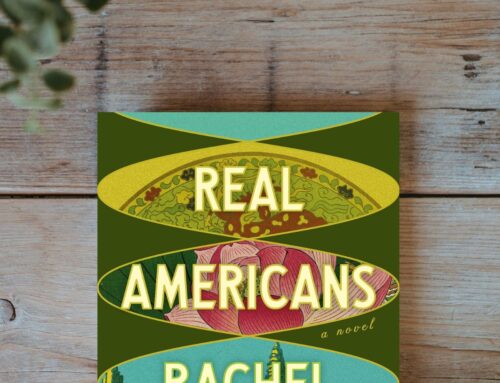
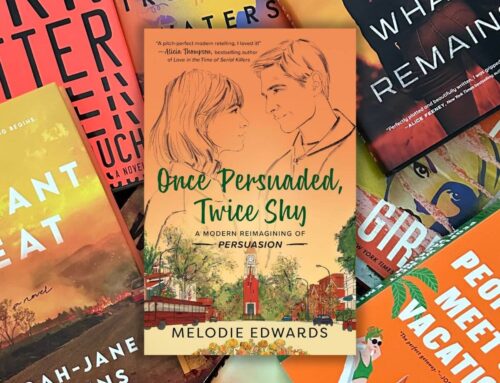
Leave A Comment